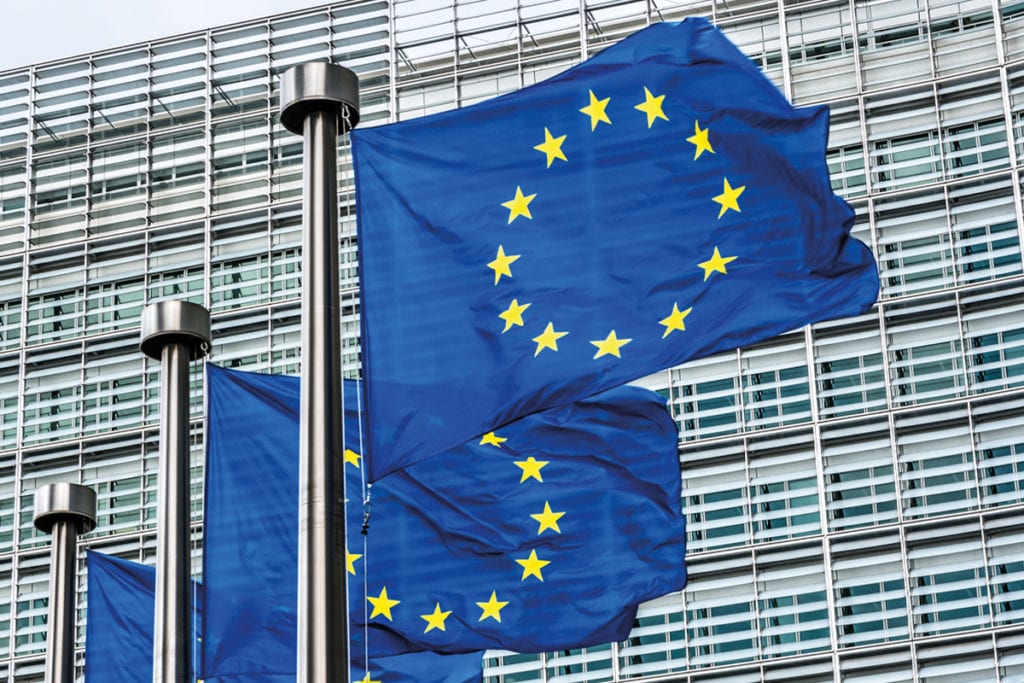As uncertainty over Brexit continues, Rhona Azir and Claire McKee of Dentons look at the rights of EU nationals working in the UK and how Scottish retailers can avoid discriminating in their business

by Rhona Azir and Claire McKee
Rhona Azir is an immigration associate at Dentons UK; Claire McKee is an associate in the People, Reward and Mobility team at Dentons.
rhona.azir@dentons.com
claire.mckee@dentons.com
What does Brexit mean for the rights of EU nationals?
Previously everyone understood that an EU national had the same rights as someone who is British or has settled status in the UK, but the referendum result has caused confusion for many UK employers.
There have been reports of discrimination against EU nationals looking for work in the UK, a worrying trend that appears to be on the increase. Part of the problem is the lack of clarity over Brexit: if it will happen, when it will happen and what it will actually mean for EU workers in the UK. Under the current law, EU free movement allows people from the European Economic Area (EEA), including the EU countries as well as Norway, Iceland, Liechtenstein and Switzerland, to travel and work in the UK without a visa regardless of their skills level. For now, and until the UK leaves the EU, this is still the case.
How do I avoid discriminating?
Despite this relatively open situation, UK businesses should carry out Right to Work checks on all workers, regardless of their immigration status, prior to the start of employment, even if they believe the workers are British citizens.
This can provide a statutory defence if it subsequently turns out that an employee is working illegally and normally requires a check of an original passport or EU ID document for EU nationals. An EU national does not need to provide anything further to evidence their right to work.
What will happen after Brexit?
After the UK leaves the EU, all EU citizens and their families in the UK will need to apply to the Home Office for permission to stay and work. Until then, EU nationals working in the UK still have permission to work in the UK and do not need a visa to do so.
Under transitional arrangements, if we leave with a modified version of the deal negotiated by Theresa May, EU migrants to the UK can apply for settled status if they start living in the UK by 31 December 2020. If the UK leaves the EU without a deal, EU migrants will only be eligible for settled status if they start living in the UK before the date Brexit takes place.
In either case, they will need to evidence their residency in the UK for five years at the time of their application and, as long as they can do that, they will be afforded the same rights as someone who has permanent residence. Those who have been in the UK for less than five years by this date can obtain pre-settled status, which they can upgrade to settled status after five years.
The Home Secretary recently reiterated that free movement will end with immediate effect if there is a no-deal Brexit. It is likely that, in time, the government will extend the current points-based system for non-EU nationals to cover EU migrants. Theresa May proposed interim temporary arrangements for EU nationals, but it is unclear if these will proceed.
What can I do to prepare?
As an employer, you should be communicating with your workers about settled status applications now, if you have not done so already, particularly if you employ large numbers of EU migrants. Make sure your workers know what they need to do if they wish to remain in the UK.
You should not assume that workers have settled status or are UK citizens. Communicate with all workers, rather than picking and choosing those workers who you think will be affected. Your workers may have concerns about the status of family members and this may have an impact on their decision to remain in the UK (and therefore part of your workforce) or not.
Bear in mind that you may need more time and processes in place than usual to recruit your seasonal workforce for the Christmas holiday season.
Do you have a business, property or legal question or issue that you would like to know more about?
Contact Scottish Grocer and we’ll put it to an expert. Call Matthew Lynas on 0141 567 6074 or email matthew.lynas@peeblesmedia.com



















